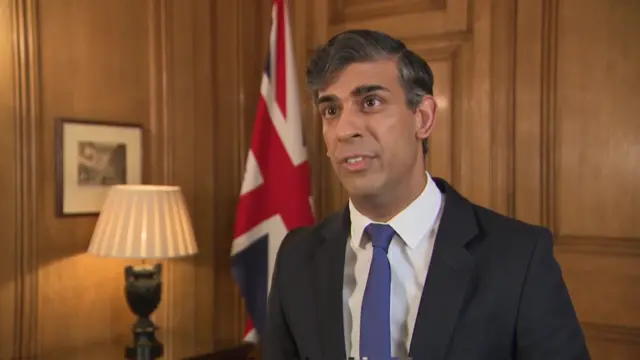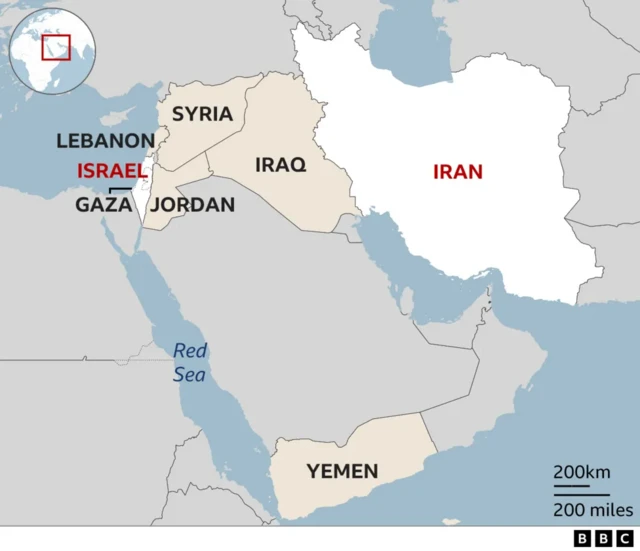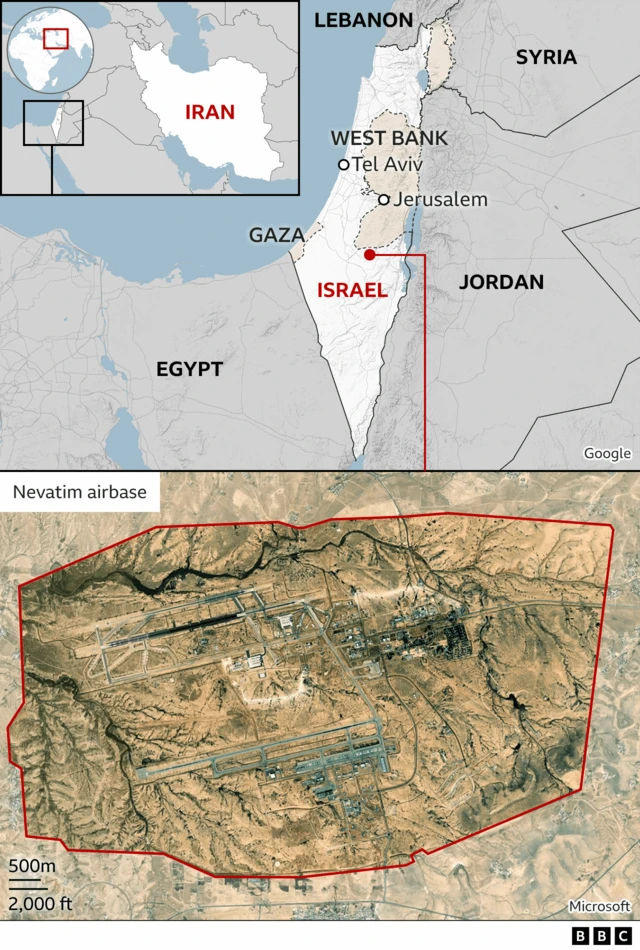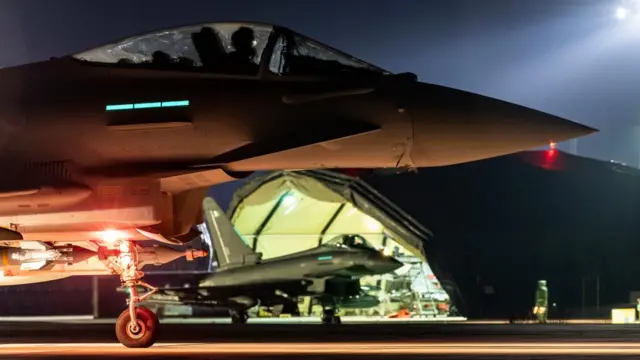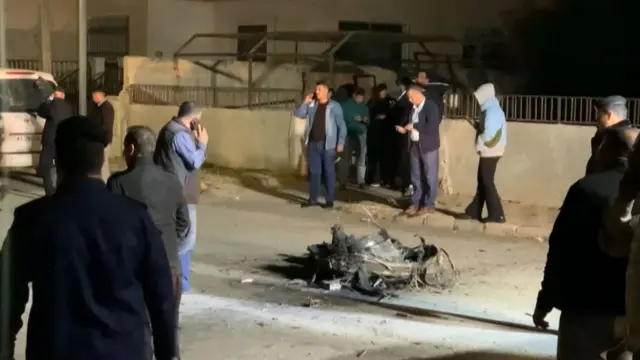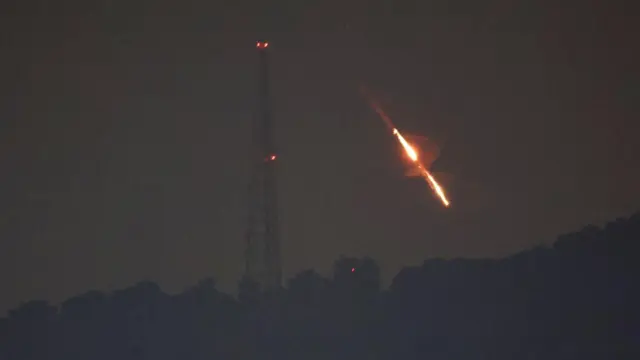Iran told allies about attack 72 hours before it happened, foreign minister sayspublished at 12:56 BST 14 April 2024
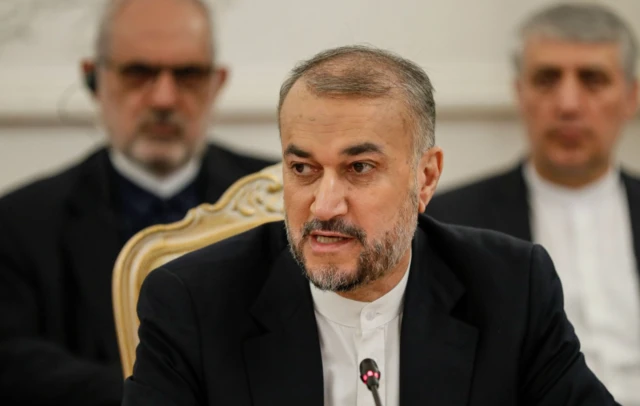 Image source, EPA
Image source, EPAIran notified its neighbours of its retaliatory strikes on Israel 72 hours in advance, Foreign Minister Hossein Amirabdollahian says.
"About 72 hours prior to our operations, we informed our friends and neighbours in the region that Iran's response against Israel was certain, legitimate, and irrevocable," he says.
He also says Iran informed the US that its attacks against Israel will be "limited" and for self-defence, during a meeting with foreign ambassadors.
